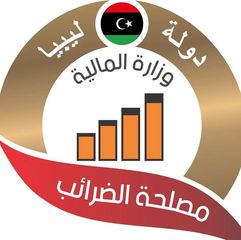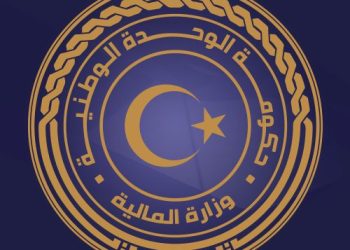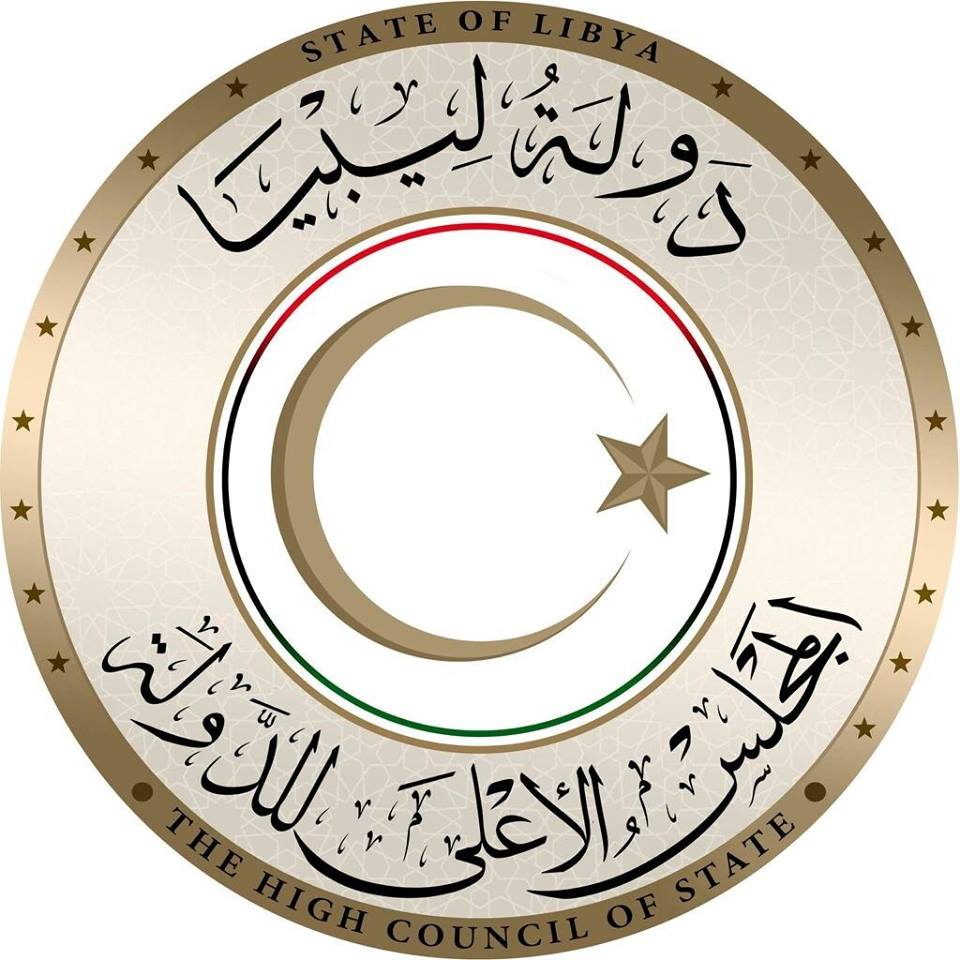By Sami Zaptia.
Washington DC, USA April 20, 2013:
World Bank President Dr. Jim Yong Kim has told the IMF-World Bank meeting this . . .[restrict]week in Washington that his bank intends to support the Arab Spring countries,
“Our commitment is to stay with these countries and continue to help them sort through the problems one by one”.
Considering Tunisia, Kim said it had “ many of the same problems that every other country is having. It’s an especially difficult situation in Tunisia because for so many years there was very little trust in the government. The government and the political leaders were very involved in the private sector, so there was very little trust that the rules were fair or that it was worth investing in the private sector”.
Kim went on to say that “there are other problems, for example, in Tunisia the highest rates of unemployment are among college educated young people.
“So, there is a lot of work to be done. We are as committed as we could be to providing the kind of technical support and financing that’s needed in order to get Tunisia and other countries through the next stages”.
What happens in either Tunisia or Egypt has immediate ramifications on Libya – or what the World Bank and IMF staff like to refer to here in DC as “spillovers”.
It is also worth noting that Libya has a similar Clause 4 Technical Assistance Agreement with the IMF. This existed for years under Qaddafi. Through this, the IMF is advising Libya on ways in which it can improve its economy, reform its central bank and banking sector, reduce expenditure on wages and reform subsidies.
However, since Libya does not borrow from the IMF or the World Bank, it is not obliged to implement any advice it gets from either body. It is also worth remembering that since Libya is a member of the IMF, this advice is given absolutely free.
On Egypt, World Bank President Kim said: “We’re following Egypt very carefully. We’re in extensive talks with them about supporting various projects. Egypt has a special problem in the sense that their subsidies make up eight percent of GDP. And so we feel that one of the things that Egypt could do in the process of working with us, with the IMF and the World Bank Group, is to really look at whether they could cut back on some these, especially fuel subsidies”.
Kim was careful to point out: “I don’t think we want to touch the food subsidies, but specifically work on removing some of those fuel subsidies, so they could use that money for doing other things that would truly make Egypt more inclusive, and again lay the foundation for growth in the medium and long term”.
Again, Libya shares with Egypt and Tunisia, the need to reform its subsidies. The only difference is that in the short term at least (as long as oil prices stay high), Libya has the income and reserves to finance them. Its Arab Spring neighbours don’t.
[/restrict]






